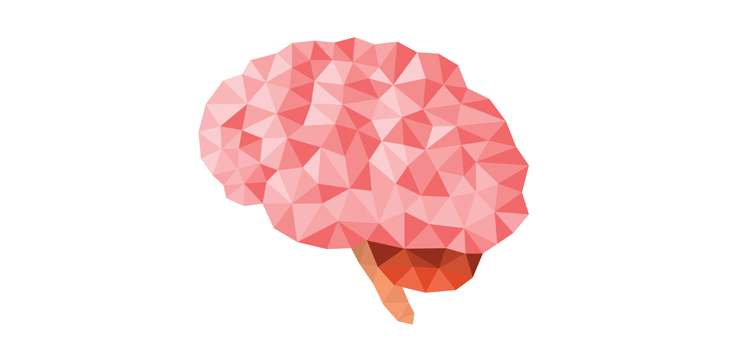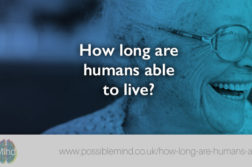How mental and physical health is affected by the way we perceive and relate to it.
In the last few weeks, I’ve been fascinated to read several interviews with medical writer Jo Marchant. For her new book, Cure: A Journey Into The Science of Mind Over Body, Marchant has mined the literature on how thoughts and perceptions affect our physiology, developing a nuanced appreciation of how the mind and body interact. Her findings:
“Our mental state can be crucial in determining our experience of symptoms such as pain, nausea, fatigue and depression…Feeling stressed or afraid can cause your heart to race and your bowels to empty, and trigger an immune response called inflammation. These processes aren’t usually under our conscious control—we can’t will changes to occur—but there are indirect methods we can use to influence them.”
While in no way suggesting that illnesses are “all in the mind,” Marchant’s analysis suggests that our mental and physical health is affected by the way we perceive and relate to it. Meditation, says Marchant, is one of those indirect, influencing, methods that can help, which is perhaps not surprising given that how we perceive and relate to our lives is precisely what’s trained in mindfulness practice.
The effect of mindfulness on inflammatory health was shown in a study by David Creswell that came out this month. This research showed changes in brain circuitry and reduced inflammation after three days of mindfulness training, while three days of relaxation did not have the same effect. Creswell explains the difference in impact between mindfulness meditation and relaxation:
“We show that mindfulness meditation impacts measurable brain circuits more so than helpful relaxation practices, and that these brain circuit changes help us understand how mindfulness meditation improves health. Mindfulness teaches participants how to be more open and attentive to their experiences, even difficult ones. By contrast, relaxation approaches are good in the moment for making the body feel relaxed, but… harder to translate when you’re dealing with difficult stressors in your life. This new work sheds light into what mindfulness training is doing to the brain to produce these inflammatory health benefits.”
How meditation helps me deal with the symptoms of depression and lingering triggers
A mindful way of perceiving and relating to difficult experiences has helped in my journey with depression. I came to meditation around 15 years ago, when stuck in a two-and-a half year depressive trough. I had thrown myself in desperation at various treatments, but mindfulness offered something different. The method itself meant practicing acceptance, just the opposite of what I was used to. This marked the beginning of a transformation—a recognition that the way I was approaching the “problem” of depression actually helped perpetuate it. Through meditation, I learned to see how my attitude and behaviour, characterized by self-critical striving and resistance, was a significant factor in how I felt. Mindfulness offered a gentler way, and I learned how to be kind to myself, even—especially—when feeling stressed…






